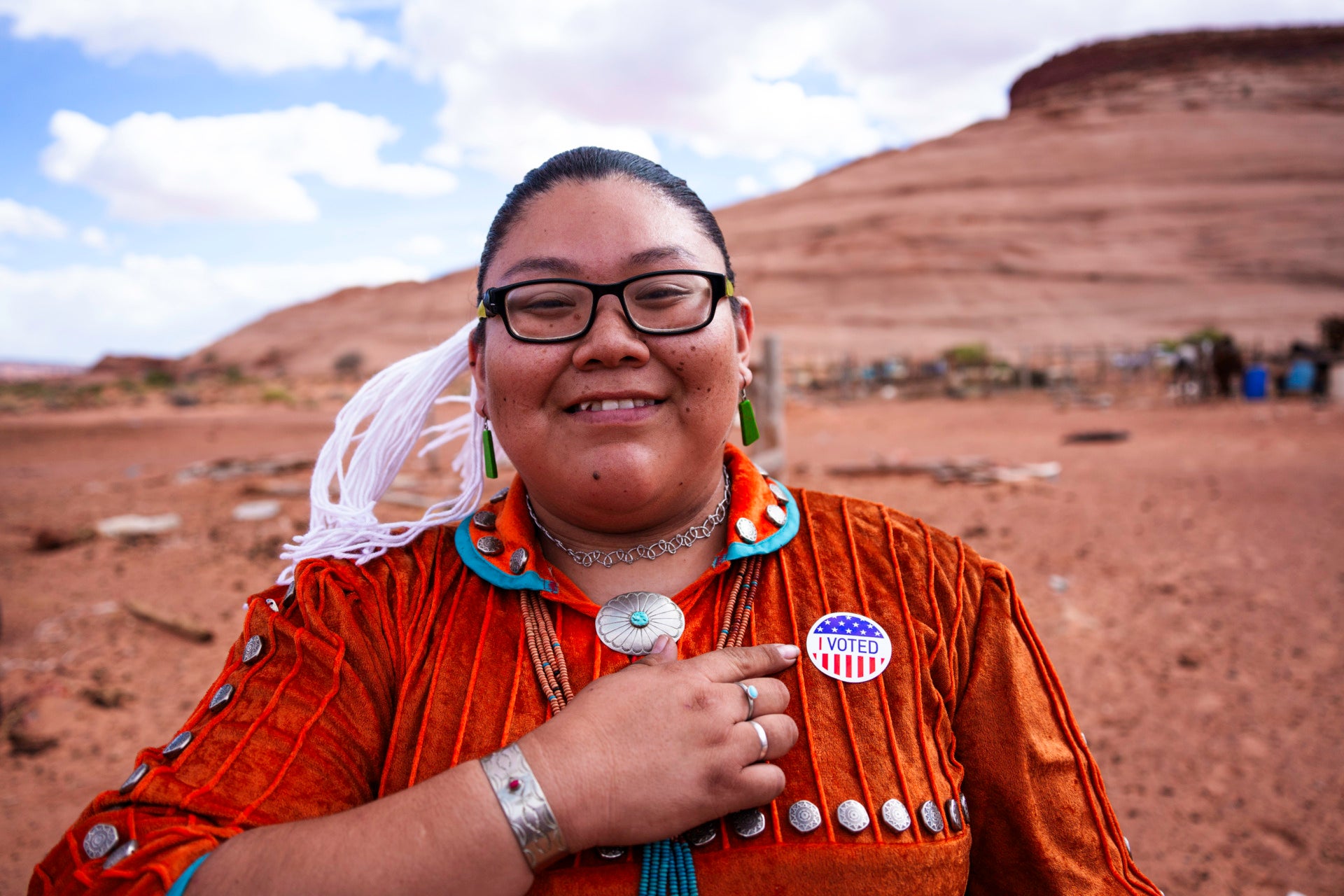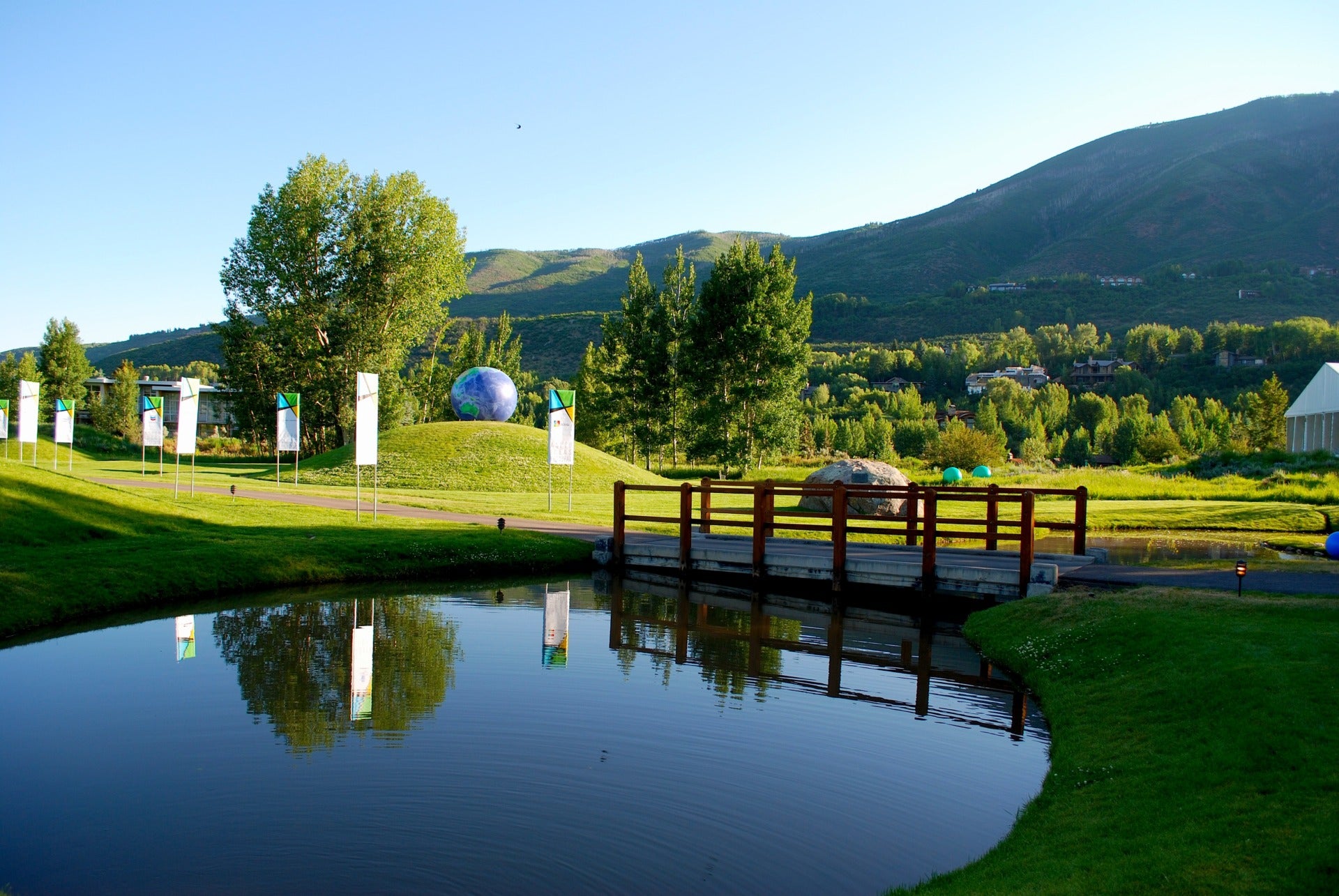Investing in grassroots leaders is imperative to making America more inclusive. They have social capital to spend in spaces and networks where pluralism is not the norm. They can connect their faith to the vision of a more inclusive America, and mobilize others like them to do likewise.
Last fall, John Brown University in Arkansas did something it had never done: it invited Muslims to speak at a campus-wide conference on Islam. Like hundreds of evangelical colleges across America, JBU only enrolls students that can affirm its statement of faith.
In online events attended by hundreds of students, and just prior to the 2020 election, JBU introduced students to the many different faces of Islam in America today. Shadi Hamid from the Brookings Institution spoke on faith and politics. Journalist Dilshad Ali presented data on how Muslim women engage American politics. Imam John Ederer from Charlotte explained the basic tenets of Islam.
Reading the news, one would think that JBU was bucking a trend. Evangelicals’ support for Donald Trump and enthusiasm for culture wars fill national headlines. Yet, quietly, evangelicals are trailblazing new paths.
JBU is an example of a change at the movement’s grassroots. Many evangelical leaders see America changing and, rather than retreating into their communities of faith, they are reaching out to meet their neighbors.
It is no small achievement that JBU, and other conservative evangelical colleges that followed their lead, welcomed Muslims to campus at a time when evangelicals frequently poll as America’s most Islamophobic faith group. Even more noteworthy, this work is being championed at the grassroots. Laypeople, rather than clergy or well-known faith leaders, are taking it upon themselves to change the public face of their faith. These events at Christian colleges were championed by students and staff. They are not top-down institutional initiatives.
Interest in religious pluralism is more common at well-established public institutions, such as Harvard’s Pluralism Project, Interfaith Youth Core, or the White House Office of Faith-based and Neighborhood Partnerships.
Yet the grassroots level is where religious pluralism is needed most—it is where most Americans of faith worship and learn. This is why in 2016 we co-founded Neighborly Faith, focusing on higher education where many young leaders were open and well-positioned to champion religious pluralism.
In 2018 and 2019 we put out a call for Christian students who wanted to champion pluralism. We received hundreds of responses and over 100 applications. Since then, we’ve focused our work on Christian colleges. We’ve found incredible openness among Christian students, as well as faculty and college administrators, to bringing new voices to campus. We’ve helped them plan dozens of events, most of which were first of their kind at the college.
We’ve seen the most progress forging new partnerships between evangelical colleges and their neighbors. These institutions train future faith leaders and hold considerable sway in faith communities. When colleges like JBU welcome Muslims to their campus for the first time to spend time together and learn from one another, everything changes. Even though they do not attract much press, we’ve seen year-on-year returns of impact from these accomplishments.
A conference at Wheaton College became a student club. Faculty from colleges like Southeastern, John Brown, and Taylor bring their classes to Neighborly Faith events with other faith groups. Students we work with have gone on to lead other faith communities like the Center for Empathy in Christian and Public Life founded by Amar Peterman.
We’ve seen how grassroots leaders and educators are able to move the needle for religious pluralism. These leaders have access to the people and institutions that need changing. We’ve also proven that pluralism can flourish in places few thought possible. Neighborly Faith plans events with organizations we were told were opposed to pluralism. This is not true. Much of our success comes from the fact that we work with grassroots leaders who are open to new ideas.
Despite the divisions plaguing American politics and life today, stories like this help us see a brighter future. We’ve witnessed hundreds of “first” institutional partnerships between evangelicals and other faiths. We’ve watched thousands of present and future faith leaders become excited about engaging better in America’s public life. We believe that the future of religious pluralism in America is bright—and it will be championed by grassroots leaders.
Chris Stackaruk and Kevin Singer are co-founders of Neighborly Faith (@neighborlyfaith), an organization helping evangelical Christians to be good neighbors to Muslims and people of all faiths.


